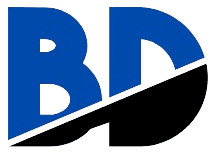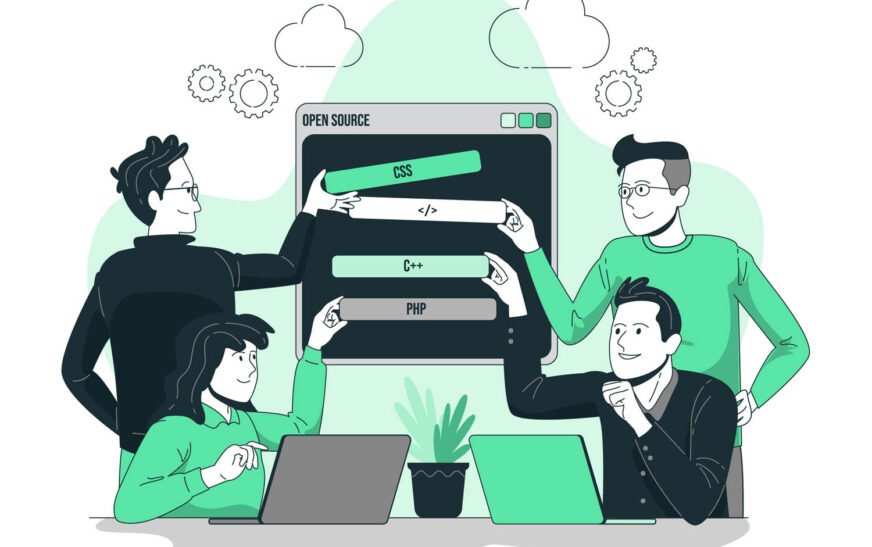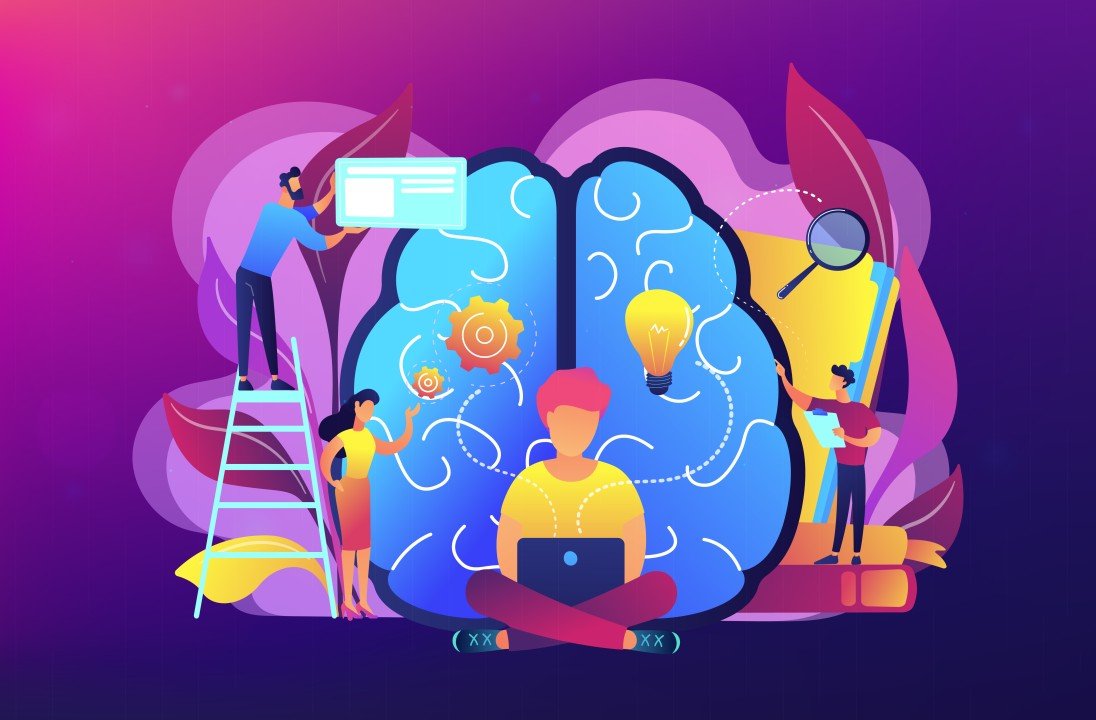Key Takeaways:
- Understanding the basics of open-source contributions can enhance your coding skills and professional network.
- Finding the right project and following best practices are essential for effective participation in open-source communities.
- Communication and documentation are foundational to successful collaboration in open-source projects.
- Diverse open-source platforms offer myriad opportunities for developers of all levels to contribute.
1.The Essentials of Open Source Contribution
Contributing to open-source projects can be advantageous, offering a unique blend of personal and professional growth. It’s a practical way to polish your skills, meet like-minded individuals, and make a tangible impact on software used by billions around the globe.
However, taking the first step into the open-source arena can seem daunting. A clear understanding of the essential steps can help make this journey smoother and more productive. This knowledge will streamline your initial contributions and make you a valuable community participant. By following tried-and-true methods, you’ll be better positioned to make appreciated and impactful contributions.
Finding the Right Project
Selecting a project that aligns with your interests and expertise is crucial to your success and satisfaction. Beginners should start with open-source guides designed for new contributors. These guides offer detailed instructions on how to find beginner-friendly projects and tasks that match your skill set.
Picking a project you’re passionate about ensures your motivation stays high, making it more likely that you’ll stick with it and derive a sense of fulfillment from your efforts. Knowing how to contribute to open source effectively is crucial for those new to this realm. Furthermore, engaging in a project related to your career aspirations can provide valuable job experience. Projects often have “good first issue” tags perfect for newcomers. These tags signal that the issues are relatively simple and are good starting points for those first entering the open-source world.
Know the Best Practices
Familiarizing yourself with the best coding, documentation, and version control practices is fundamental for success in open-source involvement. Adhering to these practices makes your contributions easier to integrate and ensures they’re invaluable to the project’s maintainers. For more information, consider exploring resources on how to create pull requests. Understanding these processes can make your open-source journey smoother and more effective, helping avoid common pitfalls and misunderstandings.
Best practices include:
- I am writing clean and well-documented code.
- It is essential to understand how to use version control systems like Git.
- It is being adept at navigating the project team’s communication channels.
By doing so, you enhance the value of your contributions and build your reputation as a reliable and knowledgeable contributor.
Mastering Communication
Effective communication is the backbone of successful collaboration in open-source projects. Explicit, concise comments and comprehensive documentation help maintainers understand your contributions better, ensuring that your work can be reviewed and integrated more efficiently. Utilize platforms like Slack or Discord to stay in touch with other contributors, and always be respectful in your interactions. Clear documentation and polite and effective communication build trust within the community, which is essential for long-term success.
Additionally, always be open to feedback. Constructive criticism is a core aspect of the open-source community aimed at enhancing the quality of the project. Accepting and acting on feedback can help you grow faster as a developer and become a respected community member.
2.Different Platforms for Open Source Contributions
The open source landscape is vast, with numerous platforms where you can contribute your skills. GitHub, GitLab, and Bitbucket are some of the most popular platforms that host thousands of open-source projects. Each platform has its own set of guidelines, community practices, and unique features. Exploring each to find the one that best suits your style and goals can be incredibly beneficial. Familiarizing yourself with different platforms opens up more opportunities to contribute and learn.
GitHub is renowned for its ease of use and extensive community. GitLab offers integrated DevOps features, while Bitbucket is known for its seamless integration with other Atlassian products. By understanding these differences, you can choose the platform that aligns best with your project needs and personal preferences.
Learning from Other Contributors
One of the most effective ways to improve your contributions is to learn from experienced developers. Many seasoned contributors write blog posts and tutorials about their work in open source, offering valuable insights into their strategies and techniques. These resources can provide practical tips and best practices for your contributions.
Additionally, reading through the code and contributions of others can help you understand the project’s coding standards and expectations. By learning from those who have successfully navigated the open-source world, you can enhance your contributions and become a more effective community member.
Making and Submitting Your First Contribution
Your first contribution is a significant milestone in your open-source journey. Whether it’s fixing a bug, adding a new feature, or improving documentation, every contribution counts. Start by forking the project repository, making changes, and then submitting a pull request. This process helps you get familiar with the workflow and provides a sense of accomplishment.
Be encouraged if your pull request isn’t accepted immediately. Use the feedback from maintainers to improve your work. This iterative process is a valuable learning experience and helps you build a stronger relationship with the project’s maintainers.
3.The Community Aspect
Open source projects are as much about the community as they are about the code. Engaging with the community can provide opportunities to learn, mentor, and grow within the field. Many open-source communities are international, allowing contributors to collaborate with developers worldwide. Building these relationships can be as rewarding as the technical skills you’ll gain.
Active participation in the community can also lead to mentorship opportunities. Experienced contributors often take newcomers under their wing, providing guidance and support. This mentorship can accelerate your learning and help you contribute meaningfully to the project.
Contributing to open-source projects is an invaluable experience that can bolster your coding prowess and professional development. By starting with the basics, following best practices, and actively engaging with the community, you’ll find that your contributions are impactful and appreciated. So why wait? Dive into the world of open source and start making a difference today.













